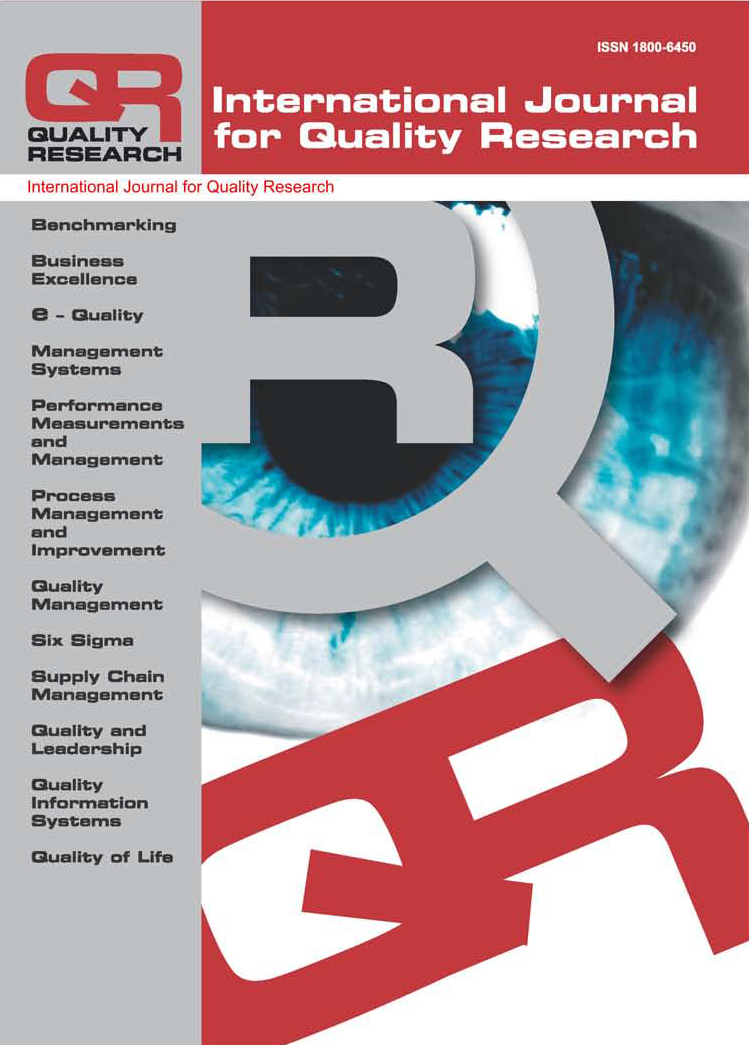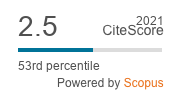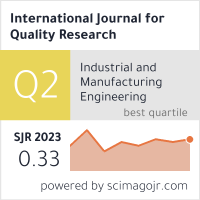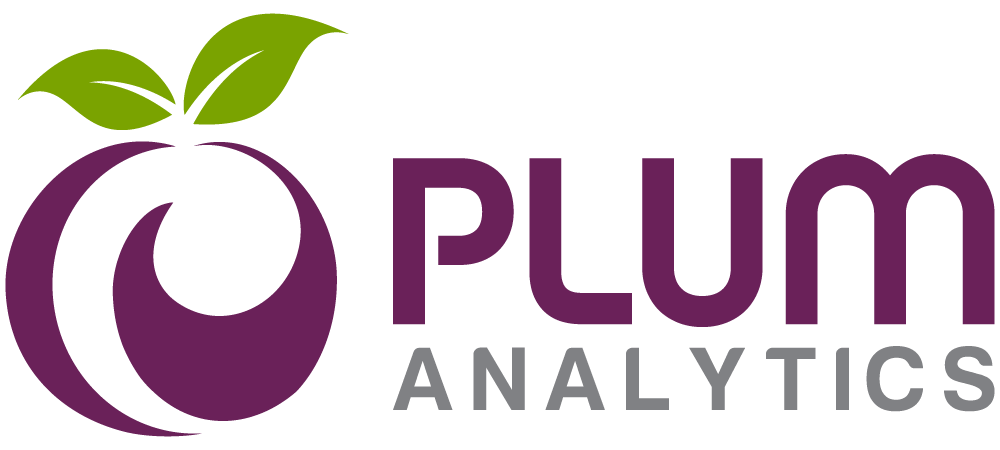THE KANO MODEL AS A TOOL FOR ASSESSING THE QUALITY OF HUNTING TOURISM - A CASE FROM POLAND
Żywiołek Justyna,
Marek Matulewski,
Gilberto Santos
Abstract: The article analyzes a specific type of tourism, hunting tourism. In a special edition, in the form of foreign exchange hunting, which means that when a hunter decides to do such hunting, he goes to another country. It is a special way to get to know nature and hunting culture combined with the pursuit of a passion in the form of hunting. The article analyzes data from 2019-2021. The aim of the study was to analyze the activities that affect the effectiveness of foreign exchange hunts and the disappearance of the factors necessary to make a decision about the next visit of the hunter. The article presents a CAWI study that enabled the use of a tool in the form of the Kano model - adopted as a qualitative methodology, examining the satisfaction of the hunter-client. The novelty of the research is the determination of the groups of factors influencing the quality of hunting, the hunter's satisfaction and the next hunt in the same place in the next hunting season. The obtained effects define the factors which occur one or more times as determining the hunting or redundant for the hunter. The study shows that hunters are demanding tourists who expect a lot of knowledge about the area and species, hunting skills, but also a background in the form of digitization of many processes supporting, for example, moving around a foreign country.
Keywords: hunting tourism hunting quality, Kano model
DOI: 10.24874/IJQR17.04-08
Recieved: 30.08.2022 Accepted: 11.07.2023 UDC: 639.1
Reads: 1333 








